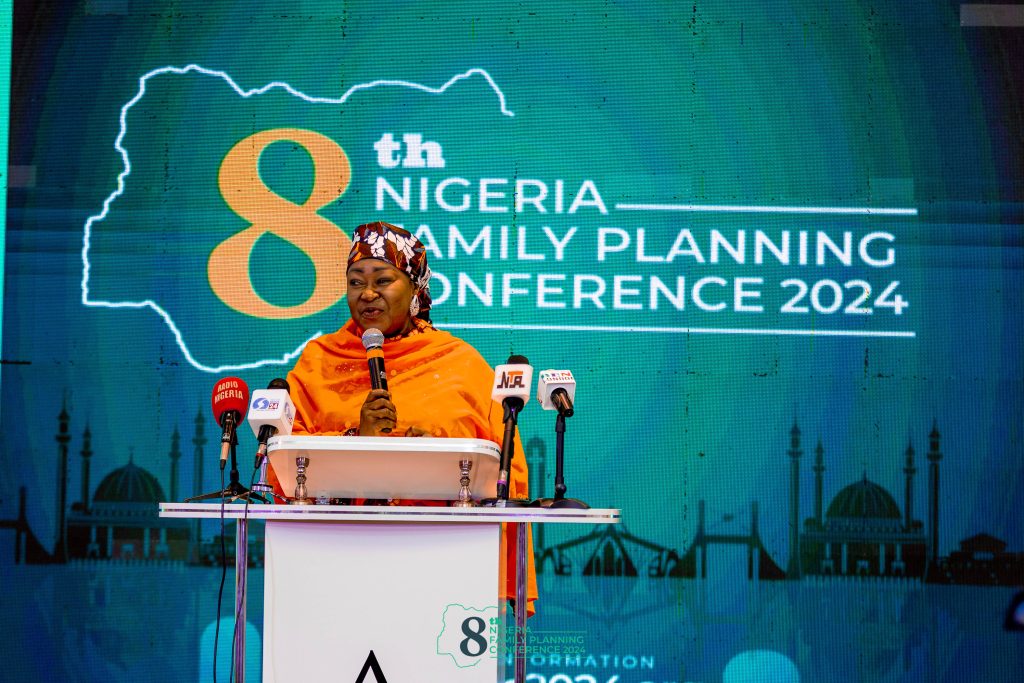ASHENEWS reports that the 8th National Family Planning Conference, themed “Sustaining Commitments for Family Planning (FP) within the Nigeria Health Sector Renewal Investment Initiative: Advancing Progress Toward Achieving FP2030 Goals,” has commenced in Abuja.
By Justina Asishana
The conference seems to look at avenues of increasing Nigeria’s contraceptive prevalence rate (CPR) which is currently at 15 per cent and to address the unmet family planning needs which is currently at 21 per cent.
The conference which began on December 2, 2024 at the Abuja Continental Hotel will end on December 6. It is organized by the Federal Ministry of Health in collaboration with the Association for the Advancement of Family Planning (AAFP).
The biennial event serves as a critical platform for stakeholders to align efforts toward achieving universal FP access in Nigeria.
Family planning is recognized globally as a transformative health intervention. It empowers individuals, strengthens families, reduces maternal and infant mortality, and promotes gender equality.
Every dollar invested in family planning yields threefold savings in maternal and newborn healthcare costs. This underscores its potential to drive socio-economic progress and support Nigeria in reaping its demographic dividend.
Nigeria has achieved several milestones in family planning but despite these progresses, there are several challenges that persist as high fertility rates and limited FP uptake continue to affect maternal and child health outcomes.
These issues are compounded by socio-economic and regional disparities that limit access to reproductive health services.
The conference brings together over 1,000 national and international participants, including policymakers, health professionals, civil society organizations, and private sector representatives.

Discussions will focus on innovative strategies to address these challenges, leveraging technology, strengthening multi-stakeholder accountability, and promoting equitable access to services.
Key highlights of the event would include the launch of the revised population policy and the integration of family planning into the Basic Health Care Provision Fund to ensure free services for marginalized groups.
Additionally, the conference emphasizes advocacy for sustainable financing, with a target of allocating one per cent of Nigeria’s health budget to family planning.
“This gathering is not just about achieving FP2030 targets; it is about transforming lives and building a healthier, more prosperous Nigeria,” said Dr. Ejike Oji, Chairman of the Local Organizing Committee.
The conference also coincides with the release of key data from the Nigeria Demographic and Health Survey (NDHS), providing insights into the progress and gaps in reproductive health services.
Pre-conference activities addressed specific needs of youth, women, and interfaith groups, while the main conference includes thematic sessions on policy implementation, leveraging private sector investments, and enhancing the role of faith leaders in advocacy.
As the conference progresses, stakeholders are expected to develop actionable strategies to overcome barriers, improve service delivery, and mobilize resources for sustained progress.
By bridging the gap between policy and practice, the 8th National Family Planning Conference aims to ensure that no one is left behind in achieving universal health coverage and advancing Nigeria’s reproductive health agenda.
A communiqué outlining commitments for future actions is expected to be adopted at the end of the conference.


